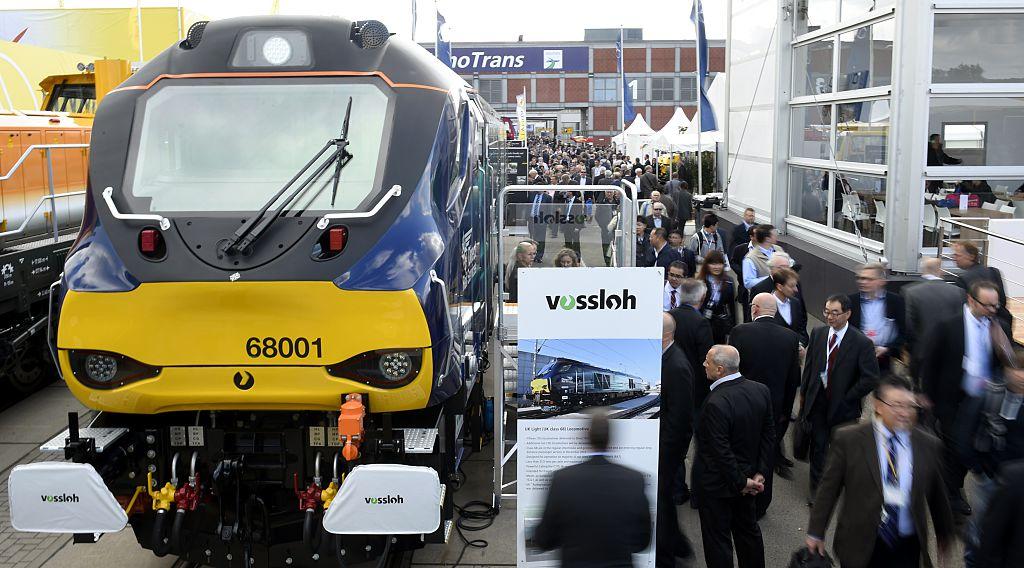The state-owned China Railway Rolling Stock Corp. (CRRC), the world’s biggest railcar-maker by revenue, is set to gain a foothold in the European rail market, after a proposed deal to acquire a German factory.
CRRC has so far relied heavily on the domestic market for the majority of its business. According to China’s state-run daily China Business Journal, the company in 2018 generated profit of 11.3 billion yuan (about $1.5 billion) on revenue of 219.08 billion yuan (about $30.6 billion), with more than 91 percent of the revenue coming from China.





